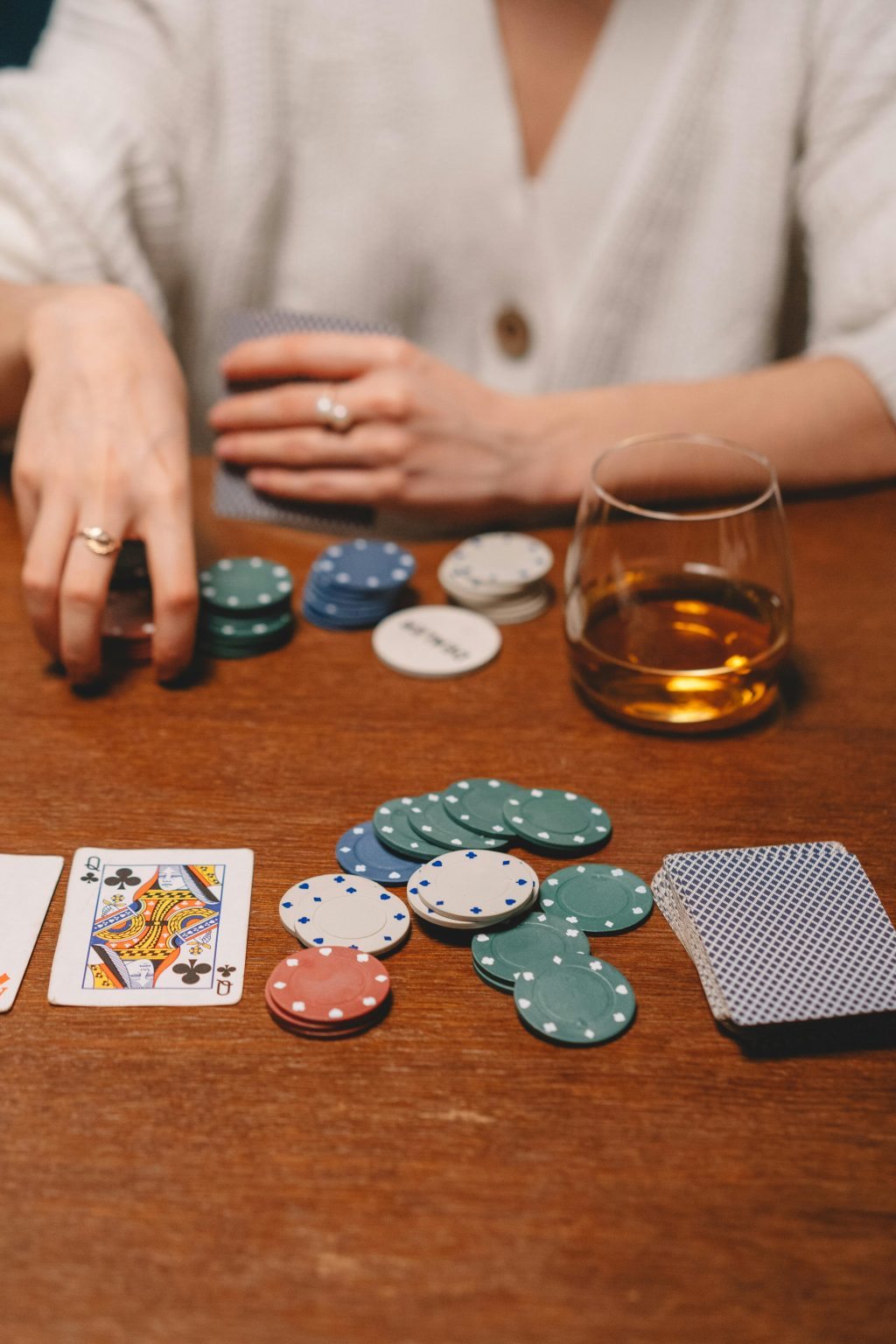At first glance, cooking and gambling may appear unrelated activities; one involves precision, creativity, and patience, while the other relies on risk, probability, and quick decision-making. However, the skills learned while cooking—timing, adaptability, and resource management—can directly translate to a sharper gambling strategy. Whether you’re an amateur home chef or a professional chef, a discipline developed while creating meals can give you an edge at poker or roulette tables.
Below, we discuss the surprising parallels between culinary arts and gambling and show how certain kitchen skills can boost gameplay.
Precision and Measurement: The Importance of Accuracy
Cooking requires precise calculations of ingredients, and gambling likewise relies on minor strategy errors —misreading odds or overbetting—to yield significant losses. Both fields demand attention to detail; chefs measure spices to the gram, and skilled poker players calculate pot odds to the nearest percentage.
Practice precision in the kitchen to develop analytical thinking skills. For example:
● Weighting flour teaches us the value of precision.
● Timing the cook time of a steak helps develop one’s ability to assess risk vs. reward, which is applicable to gambling, where disciplined bankroll management and bet sizing are crucial.
Adaptability: Shifting with Unexpected Changes
Chefs must quickly adapt when key ingredients are absent, or their dish doesn’t turn out the way they expected. Gamblers also face unpredictability: cards don’t always fall their way, and roulette wheels don’t always follow patterns. Being able to adapt quickly distinguishes professionals from amateurs in both fields.
When sauces break, chefs may use butter as an emulsifier instead. Blackjack players might switch from aggressive doubling down to more conservative play if their dealer reveals strong upcards; such flexibility allows for control and prevents panic from setting in when necessary.
Risk Management: Assessing When to Play It Safe or Go All Out
Cooking involves calculated risks; trying a new technique could end in success or disaster. Gambling operates in the same way; just as an experienced chef would not attempt an unproven recipe during the dinner rush, wise gamblers avoid high-stakes bets without clear advantages.
Key lessons on risk management from the kitchen:
● Taste while you cook (make necessary adjustments as you go along).
● Do not overcrowd your pan (and risk overextending your bankroll).
● Set loss limits before playing). Employing these principles ensures you remain in the game longer.
Patience and Timing: Finding the Right Opportunity
Achieving a perfect seared steak requires patience: flipping too soon will ruin its crust. In gambling, hasty decisions like chasing losses too quickly or folding early can result in costly errors. Both activities reward those who wait patiently until an appropriate opportunity presents itself.
Poker players understand the value of folding weak hands quickly to preserve chips for stronger ones, just as allowing bread dough to rise properly results in better loaves. Utilizing delayed gratification in cooking further strengthens the discipline required to succeed at casino gaming.
Creativity Within Structure: Innovation Without Loss of Control
Great chefs follow recipes while adapting ingredients as necessary, just as successful gamblers adhere to strategies while adjusting according to game flow. Similar creativity in culinary arts—such as changing spices—can mirror adapting betting patterns in response to opponents’ behavior.
It is essential to balance innovation with fundamentals. A chef will not abandon basic cooking techniques, just as gamblers shouldn’t abandon proven strategies. Both require confidence in experimentation while remaining true to core principles.
Conclusion
Cooking and gambling share more similarities than many people realize. Whether you’re simmering a sauce or calculating odds at the best casino in Canada, the mindset of a strategic thinker remains the same—control what you can, adapt to what you can’t, and always stay one step ahead. Both require precision, adaptability, risk management, patience, and creativity—
traits that can be practiced by honing these skills in the kitchen to develop a sharper, more disciplined approach to gambling. Whether simmering a sauce or calculating odds, the strategy remains the same: control what you can, adapt to what can’t be controlled easily,



